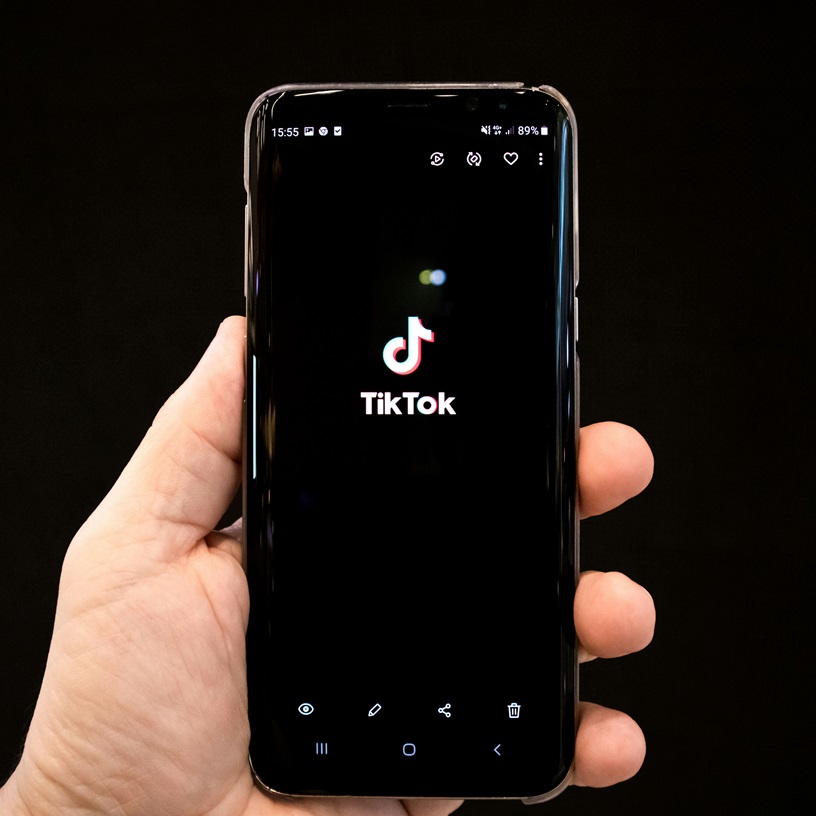When you purchase through links on our site, we may earn an affiliate commission. This doesn’t affect our editorial independence.
On Wednesday, the US Supreme Court announced that it would consider arguments next month about the validity of a federal law that could prohibit TikTok from operating in the US if its Chinese-owned parent company, did not sell the app.
Arguments about whether the statute unjustly restricts free speech in violation of the US Constitution’s First Amendment will be presented to the justices on January 10, 2025.
Nine days before the ban is set to go into effect, on January 10, TikTok and ByteDance will have the opportunity to present their case before the Supreme Court justices, who declined to grant their plea for an emergency injunction against the law.
An attempt to overturn the legislation was denied by a federal appeals court earlier in December, stating that it was “the culmination of extensive, bipartisan action by the Congress and by successive presidents.” You will recall that the US federal lawmakers in April 2024, enacted a law that mandated that TikTok be sold by January 19, 2025, or risk being banned.
However, Tiktok may have hope since President-elect Donald Trump, who was formerly in favor of a ban but later promised to “save TikTok” during his campaign, and stated that his government will investigate the matter. Hope also brightened for TikTok on Monday as Trump met with TikTok CEO Shou Zi Chew at Trump’s Mar-a-Lago club in Florida.
Among the most widely used social networking apps in the United States, TikTok boasts over 150 million users. TikTok has been fighting the law’s implementation for months, claiming it will “shutter one of America’s most popular speech platforms” and stifle speech.
However, they haven’t been able to persuade judges yet. A federal appeals court maintained the rule earlier this month, stating that there was a “compelling” national security interest in the Chinese government’s ability to gather American data.
